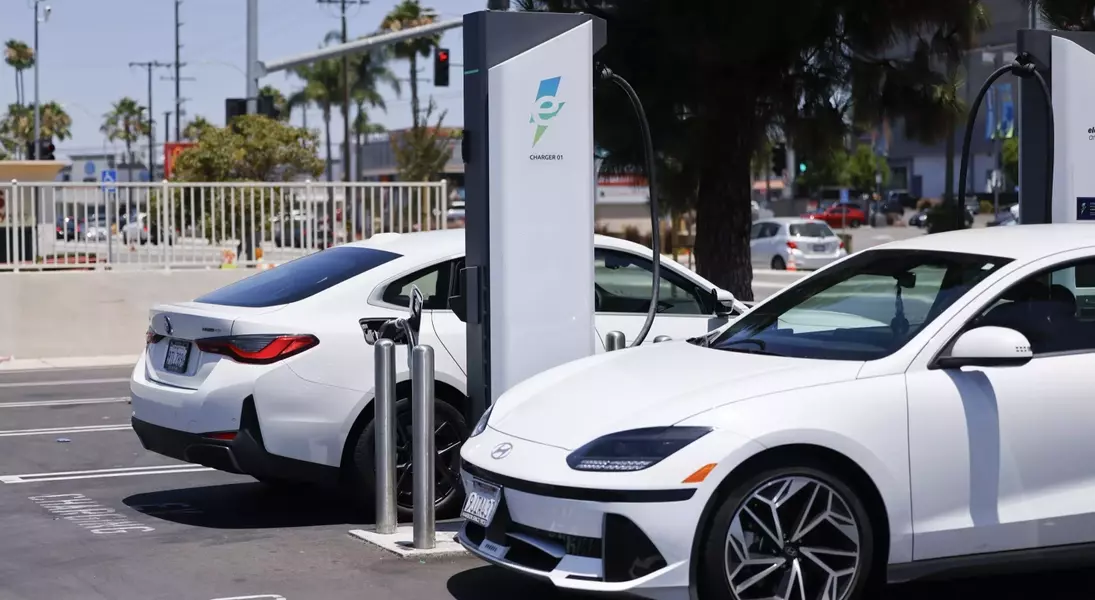





The widespread adoption of electric vehicles has brought about an unforeseen challenge for governments worldwide: a significant decline in traditional fuel tax revenues. This fiscal gap, crucial for maintaining and developing road infrastructure, is prompting a re-evaluation of how drivers contribute to public services. The solution gaining traction is a mileage-based taxation system, designed to ensure that all road users, regardless of their vehicle's power source, contribute fairly to the upkeep of the nation's transportation networks. This marks a pivotal moment, as the long-standing advantage enjoyed by EV owners in terms of tax exemptions is set to change.
Mileage-Based Taxation: A New Era for Electric Vehicle Owners
As electric vehicle ownership surges globally, governments are confronting a fiscal dilemma: how to sustain critical road infrastructure when traditional fuel tax revenues dwindle. This challenge is particularly evident in the United Kingdom and several U.S. states, where new per-mile charges for EVs are either being proposed or have already been implemented. In the UK, a forthcoming proposal suggests a 3.8 cents per mile charge for electric vehicles starting in 2028, potentially adding an average of $315 annually to a driver's expenses. Meanwhile, American states such as Oregon, Utah, Virginia, and Hawaii have already introduced their own versions of distance-based fees, ranging from 0.8 cents to 2 cents per mile. This move addresses the dramatic decrease in fuel tax contributions, which have seen billions of dollars evaporate from budgets allocated for road maintenance and new infrastructure projects. For instance, the Mineta Transportation Institute forecasts a staggering 64% drop in California's fuel tax revenue between 2025 and 2040, mirroring similar projections in West Virginia. The proposed UK system aims for a practical solution, allowing drivers to estimate their annual mileage upfront and pay accordingly, sidestepping privacy concerns associated with real-time GPS tracking. This strategic shift reflects a global effort to create a sustainable funding model for road networks in an increasingly electrified automotive landscape.
The transition to mileage-based taxation for electric vehicles underscores a critical re-evaluation of how public infrastructure is funded in an era of rapid technological advancement. This inevitable shift highlights the necessity of adapting fiscal policies to reflect changing consumption patterns. While it may introduce new costs for EV owners, it also emphasizes the principle of equitable contribution from all road users. This approach, though potentially met with initial resistance, is vital for ensuring the continued maintenance and development of our roads, roads that benefit everyone, regardless of what powers their journey. The future of road funding depends not on environmental consciousness alone, but on robust, fair, and adaptable financial frameworks.
